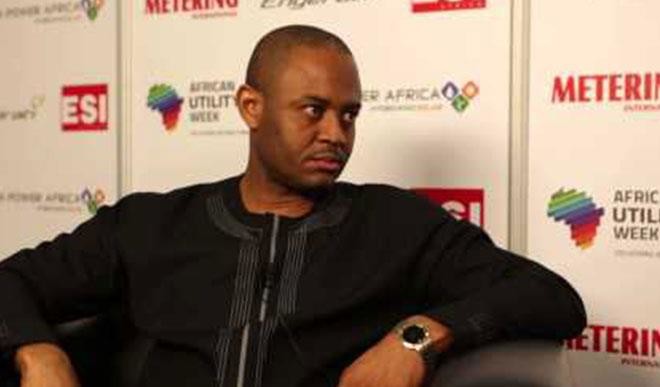Nigerian electricity consumers will from Monday February 1 begin to pay more per unit of power used as new tariff structure already approved by the Nigerian Electricity Regulatory Commission kicks off.
The acting Chairman of the commission , Dr. Anthony Akah, affirmed the date on Thursday when he led top executives of the regulatory agency on a courtesy call on the National Orientation Agency in Abuja. He said the visit was part of the establishment of a coordinated approach to creating public awareness ahead of the February 1 implementation date of the new Multi-Year Tariff Order.
Akah, who said there was no going back on the new tariffs, explained that that the new tariff approved for electricity consumers across will enable the power distribution, generation and transmission companies to acquire needed infrastructure.
According to him, lack of cost-reflective tariffs had hobbled electricity companies from acquiring the necessary infrastructure.
The NERC boss said that with the new tariffs, they would not have any excuse for not delivering on agreements they entered into with the government.
In the new tariff regime, residential customer classification (R2) in Abuja Electricity Distribution Company will no longer pay N702.00 fixed charge every month. Their energy charge will increase by N9.60. Also, residential customers (R2 customers) in Eko and Ikeja electricity distribution areas will no longer pay N750. 00 fixed charges.
They will be getting N10 and N8 increase respectively in their energy charges. Similarly, the burden of N800.00 and N750.00 fixed charges would be lifted off the shoulders of Kaduna and Benin electricity consumers. These consumers will see an increase of N11.05 and N9.26 respectively in their energy charges.
The new tariff is also good news for commercial consumers For example, commercial customers’ classification C2 in Ibadan and Enugu will no longer pay fixed charges of N17, 010. 00 and N22, 141. 00. Their energy charge will increase by N12.08 and N13.35 respectively.”
Akah said new tariff will ensure that the generating, transmission and distribution companies would provide the needed infrastructure for higher generation and supply of electricity to meet the needs of consumers.
He also said under the new MYTO, all premises must be metered and consumers who subscribe to specific metering models must be supplied meters within 60 days after which they would not be disconnected or charged on estimation if a meter was not supplied.
According to the NERC boss, a Power Consumer Assistance Fund has been put in place to cater for the electricity needs of the less-privileged in the country.
Meanwhile, the Organised Labour on Friday cautioned the federal government against implementing the new electricity tariff, to avoid industrial crisis in the country.
The Nigeria Labour Congress (NLC), Trade Union Congress of Nigeria (TUC) and the Electricity Consumer Protection Forum gave the warning at a stakeholders’ meeting in Lagos.
Ayuba Wabba, NLC president, said that labour would mobilse workers and civil society groups to protest and picket all the electricity distribution companies should the federal government implement the tariff as scheduled on February 1.
According to Wabba, the 40 to 45 per cent increase is exploitative and illegal.
“We reject the tariff increase, based on the fact that due process was not followed according to the law. Organised labour and civil society groups were not consulted,” he said.
“There has also not been a significant improvement in the power supply situation since it was privatised.”
He also said DISCOs had promised to provide pre-paid meters for its consumers within 18 months, but had not met the expectations of the people.
“The DISCOs promised to give Nigerians meters in 18 months, but they failed. This is corruption and it is ripping Nigerians off their money,” he said.
Wabba said the increase in electricity tariff was not right because there was already a court injunction before Muhammed Idris, a justice of the federal high court, Lagos.
According to him, the case is between Toluwani Yemi-Adebiyi, a lawyer, versus the Nigeria Electricity Regulatory Commission (NERC) and others, that there will be no increment until the determination of the substantive suit.
“The increment negates the present biting and prevailing economic situation and will further impoverish the people,” Wabba said.
He urged the government to halt the implementation of the new tariff, as well as audit the DISCOs since they have fully paid the privatisation money.
Also speaking, Bobboi Kaigama, TUC President, urged NERC not to implement the new tariff until there was a substantive improvement in the electricity supply situation.
“If by February 1, the federal government implements the policy, we will shut down all DISCOs.
There should be an increase indicated in service delivery, before the proposed new tariff,” he said.














